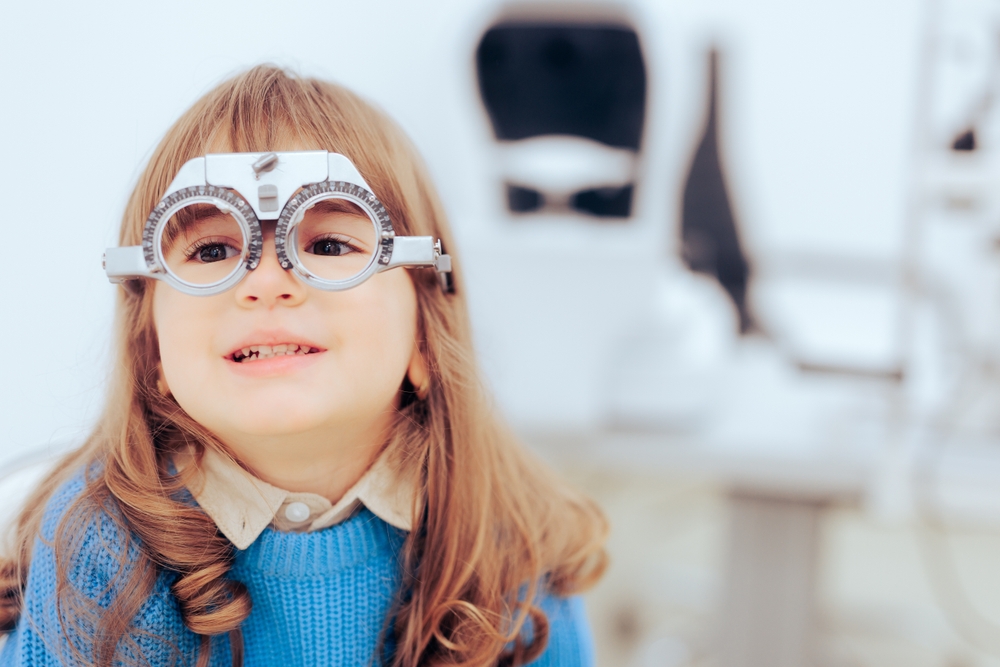
Myopia is a refractive error that affects the ability to see distant objects clearly. While myopia can occur at any age, it often begins in childhood and tends to progress during the school years. Understanding the causes, symptoms, and management of myopia in children is crucial for ensuring their long-term vision health.
What Causes Myopia to Develop?
The exact cause of myopia is not fully understood, but both genetic and environmental factors play a role. If one or both parents have myopia, the child is more likely to develop it as well. Additionally, excessive near work, such as reading or using electronic devices for prolonged periods, has been associated with the development and progression of myopia in children. Outdoor activities, on the other hand, have shown a protective effect against myopia.
Symptoms of Myopia in Children
Common signs include squinting, frequent headaches, eye strain, and difficulty seeing distant objects clearly. Children with myopia may also exhibit a tendency to sit close to the television or hold books and electronic devices close to their face. Regular eye examinations are crucial to identify myopia in its early stages and prevent further progression.
The Importance of Myopia Management in Childhood
Managing myopia in childhood is vital to prevent vision problems in adulthood. Myopia tends to progress during the school years, and high levels of myopia are associated with an increased risk of eye diseases such as cataracts, glaucoma, and retinal detachment later in life.
By implementing effective myopia control strategies, such as Orthokeratology (Ortho-K) and MiSight lenses, parents and eye care professionals can help slow down the progression of myopia and reduce the risk of future complications.
The Benefits of Orthokeratology and MiSight for Myopia Control
Orthokeratology, also known as Ortho-K, is a non-surgical treatment option for myopia control. It involves wearing specially designed gas-permeable contact lenses overnight, which reshape the cornea to correct refractive errors. Ortho-K lenses provide clear vision during the day without the need for glasses or daytime contact lenses. Studies have shown that Ortho-K is effective in slowing down the progression of myopia in children and can lead to long-term stabilization of the condition.
MiSight is the first soft contact lens specifically designed for myopia control. These lenses incorporate a dual-focus technology that helps correct nearsightedness while simultaneously reducing the progression of myopia. MiSight lenses are comfortable to wear and have been shown to significantly slow down the progression of myopia in children. By using MiSight lenses, parents can provide their children with clear vision while actively managing their myopia.
Taking Proactive Steps for Your Child Long-Term Eye Health
Myopia in children is a common condition that requires attention and proactive management. By taking proactive steps to manage myopia in childhood, parents can safeguard their children's long-term vision health.
Schedule an appointment with our optometrist to discuss myopia management options for your child's long-term vision health, visit Contact Lens Institute of Delaware at our office in Lewes, Delaware. Call (302) 569-3937 to book an appointment today.




